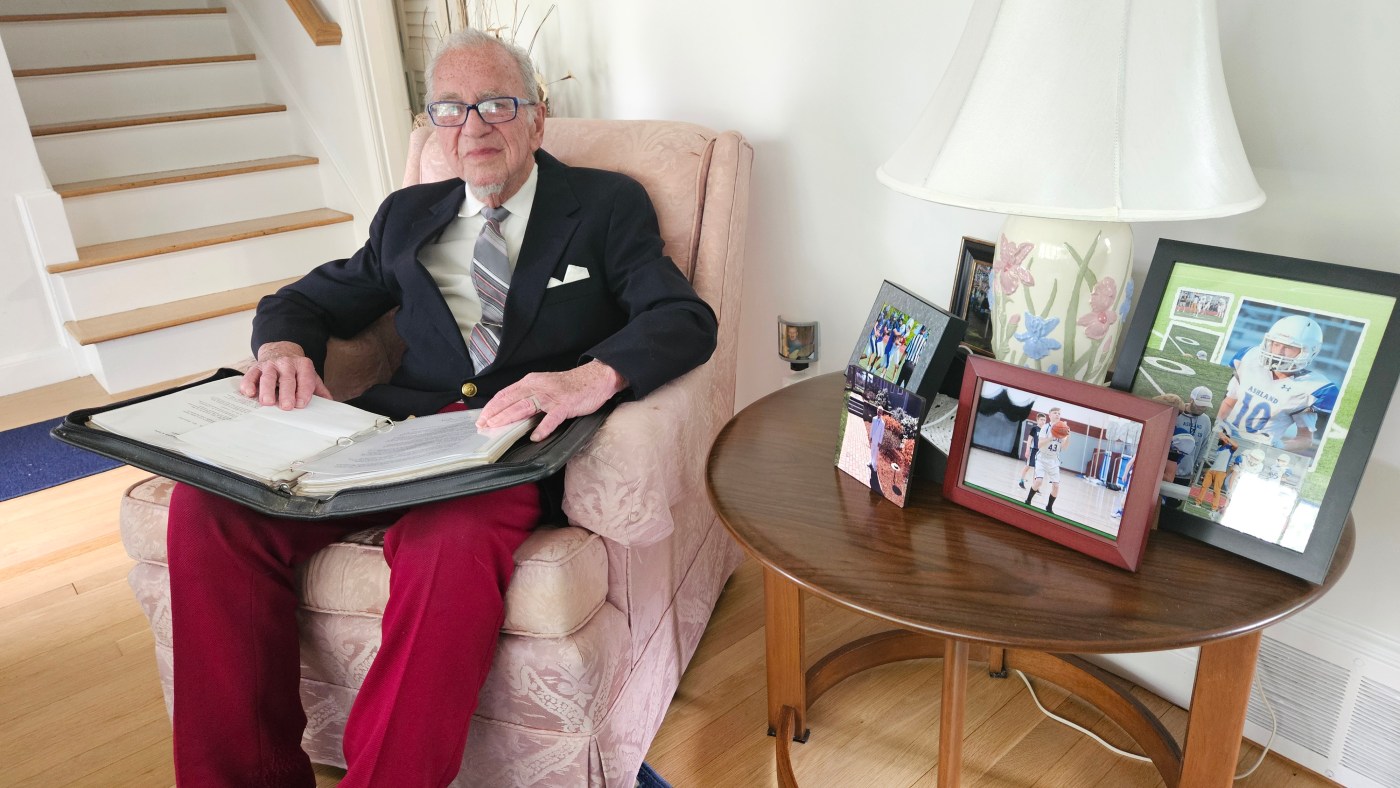
Steward Health Care failure in Massachusetts predicted by Catholic activists back in 2010
Lawmakers were well warned more than a decade ago in advance of the current crisis surrounding several Bay State hospitals operated by now-bankrupt Steward Health Care, documents reviewed by the Herald show.
The impending summer sale at auction of eight Massachusetts hospitals operated by the Dallas-based healthcare company is the inevitable result of selling the facilities formerly owned by non-profit Caritas Christi Health Care to an entity completely unsuited to running a hospital system, according to R.T. Neary, the former chairman of the Coalition to Save Catholic Health Care.
Neary sat down with the Herald this month for an extended interview, during which he shared his written records and explained the efforts he and other hospital volunteers and patients made to warn anyone who would listen that selling hospitals to a venture capital firm would inevitably result in their failure.
“The roots of Steward were highly tainted. In fact, they proved to be poisonous,” Neary said.
15 Years Ago
Reporting in 2009 showed that Caritas Christi and the six hospitals it operated were doing better than they had the year before.
Even during the financial crisis that marked the end of President George W. Bush’s Administration, and after posting a $20 million loss in the previous fiscal year, they would close out fiscal 2009 with $31 million in operating income.
Fairly new to his job, then Caritas CEO Dr. Ralph de la Torre described his efforts to rebuild the struggling hospital system as a genuine tear-down operation; a complete restructuring of how the company managed its businesses.
By 2010, credit agency Moody’s thought things were going so well at Caritas, that it upgraded their bond rating, not long after Standard and Poor’s had done the same while noting a 3.6% growth in revenues over the previous year.
“Things were looking good,” Neary said. “They had one bad year — one — but things were turning around.”
Neary, a former Caritas patient, donor, and volunteer, said that de la Torre seemed like the solution the struggling Catholic hospital system needed, right up until he became the problem.
“Dr. Ralph de la Torre, masquerading behind medical credentials, proved to be a business venturer — and an unscrupulous one at that,” Neary said.
After his hiring in 2008, his quick turnaround of the business side of the hospital systems, Neary said many in the Catholic community were taken by surprise when de la Torre announced venture capital firm Cerberus would buy the allegedly fiscally unsound hospital network and establish Steward Health Care Systems, LLC., with himself as CEO.
Arguments over acquisition
“Cerberus is pleased to be making a long-term investment that will help ensure the viability and future success of the Caritas Christi health care system,” said W. Brett Ingersoll, co-director of private equity at Cerberus in a 2010 statement attached to the announcement of a $830 million plan to buy the hospital chain.
The plan would need the approval of then Attorney General Martha Coakley and the state’s Department of Public Health, as well as the Archbishop of Boston. Cerberus, which had been in the news before the Caritas deal after their unsuccessful attempt to turn around automaker Chrysler, had never operated a hospital before.
Coakley announced in June of 2010 the sale would be subject to six public hearings starting that month, but signaled she was open to the deal.
“It’s no wonder,” Neary said. “Dr. de la Torre was raising money for her Senate campaign.”
The Attorney General, according to public filings and contemporary reporting, had been the guest of honor at a fundraising event held at de la Torre’s Newton home the year before the Caritas sale was announced. The party had netted her campaign against now-former U.S. Sen. Scott Brown more than $34,000, and de la Torre and his wife each made the maximum personal donation of $2,400 to her.
Coakley told the Herald in 2010 that she was thinking about the future when weighing the hospital sale.
“What does this mean in the short run, and what does it mean five years, 10 years down the road,” she said then.
The deal wasn’t worth the paper it was written on, Neary’s organization told her at length.
Assertions about the hospital’s financial health, apparently dire, did not match their new credit ratings, he said. In writings to the AG, Neary expressed concern the system was destined to be torn apart and sold, bit by bit, until the hospitals couldn’t function.
“Executives of Cerberus, as was done with GM, Chrysler and other of their organizations, will eliminate or severely curtail unprofitable divisions. With many hospital functions being seen in this category, we can be assured there will be changes,” he wrote to Coakley in a July 2010 letter.
Neary, along with other faith-based organizations, wrote to Coakley dozens of times that summer, warning that Cerberus would run the hospitals into the ground. They wrote to the state’s Supreme Judicial Court — which eventually approved the sale — to Sen. Brown, then-Gov. Deval Patrick, the director of the FBI, the Archbishop, and the Pope.
Their message, time and again, was the same. Approval of the sale, they wrote, would come “with a heavy monetary cost down the road for the citizenry.”
The deal was eventually allowed to go through, at a final cost of $895 million.
Here we are
Neary, now 89-years-old and retired from his career as a high school teacher, was not surprised when it was announced earlier this month that Steward would file for bankruptcy and look to sell most of its dozens of hospitals, including the eight it now operates in Massachusetts. That was always their plan, he said.
Steward’s downfall, first signaled this January when their landlords let it be known they were $50 million behind on their rent, could have been prevented, according to Neary. At the very least his letters, held now in a black binder and meticulously organized by date, serve as proof that he was right to be concerned, he said. Unfortunately, no one listened.
“We warned them,” Neary said. “A venture capital firm should never have been allowed to buy a non-profit hospital system — a system built on the more than 100 years of patient and community donations.
Steward’s hospitals will go up for auction at the end of June and bankruptcy proceedings are still ongoing while the company faces dozens of lawsuits from vendors and employees.
Coakley did not return a request for comment.


